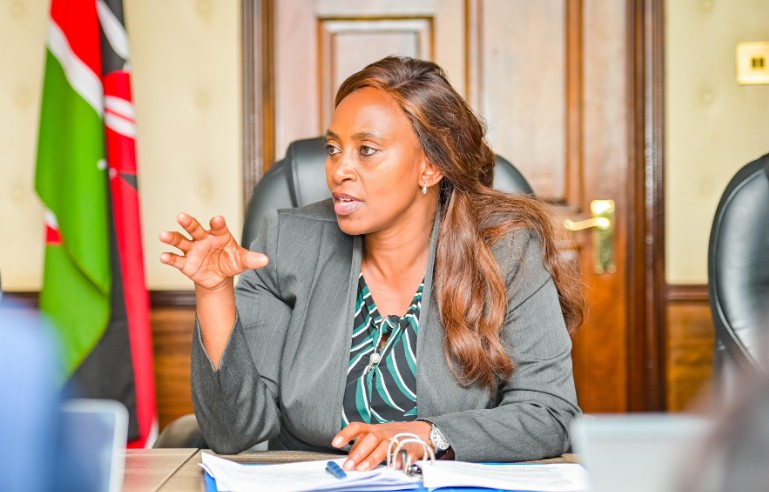Government set to roll out Mpox vaccination

The government is set to roll-out Mpox vaccination targeting high-risk groups such as contacts of confirmed cases and populations that are most at risk of contracting the disease.
The government yesterday declared Nakuru as the country’s hotspot.
The vaccination programme will be rolled out in three phases. However, the Ministry of Health clarified that it will not be a mandatory programme.
Public Health and Professional Standards, Mary Muthoni, (left) pointed out that the vaccination exercise will be informed by epidemiological data and the risk levels of a specific group.
“Pregnant women will also be vaccinated in the drive,” stated the PS during a media sensitisation meeting in Nairobi yesterday, where she also indicated that this campaign will focus on vulnerable populations as part of a targeted strategy to curb the spread of the virus.
Weakened immunity
The first phase, according to the ministry, will target contacts with confirmed cases that developed symptoms within the past two to four weeks. In this phase, the government will also vaccinate healthcare workers in areas with active cases, and individuals at high risk of severe disease due to direct physical contact with infected persons or exposure to their bodily fluids.
“We are looking ahead as a ministry, and we are not going to stop on issues of illness,” she said, emphasising that the ministry is also actively preparing for all possible scenarios.
In the second phase, the government intends to extend protection to vulnerable individuals with chronic illnesses or weakened immunity who are at a heightened risk of severe complications if infected. This is where groups such as pregnant women will be targeted.
Finally, the third phase, as proposed by the Strategic Advisory Group of Experts (SAGE), will include the broader population, contingent on vaccine availability.
Other at-risk groups include household members, family members, students, people in same workplaces, and sexual partners of symptomatic individuals.
“We are in regular communication with global health bodies and our regional counterparts to stay updated and on development and best practices,” Muthoni said.








